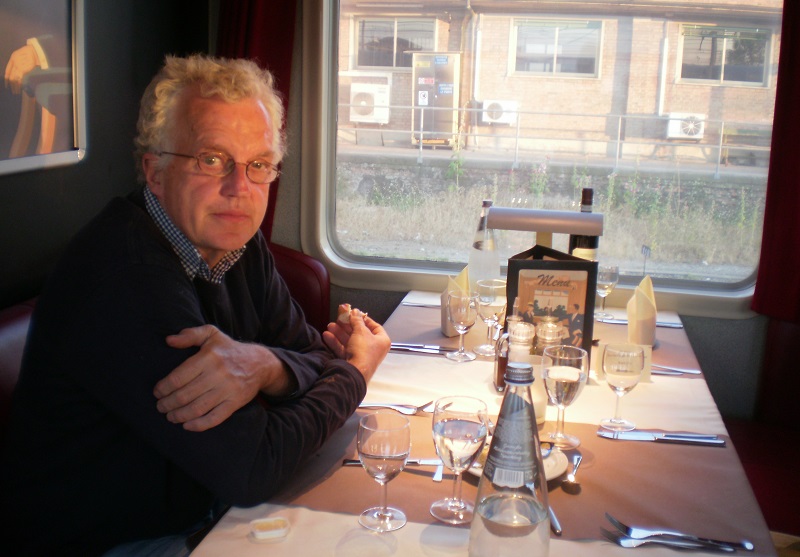The news that the lobbying group for aviation, Flying Matters, which lobbied for the idea of ‘freedom to fly’ is to close down at the end of the month suggests it is not only the rail industry that has problems with projecting a unified front to the outside world. Apparently Freedom to Fly’s demise has been caused by a dispute between EasyJet and Virgin over the putative plane tax, but also, I suspect, reflects wider differences over how, and indeed whether, to lobby for aviation at a time of growing concern over climate change.
Its chairman was Brian Wilson, once a radical Scottish MP, but later a minister in the Blair government who seemed to have sold his soul to the New Labour neoliberal agenda. Interestingly, when I shared a platform with him at a conference last year, I asked him the basic question ‘why should there be a freedom to fly?’ I suggested that all sorts of things may seem desirable to people, but there was no more a right to flying than, say, owning Rolex watches.
I was astonished that such an experienced politician had never really thought of the question, let alone the answer. He blustered something about how people had come to expect foreign holidays and therefore nothing should be done to try to limit this ‘freedom’. It seemed a remarkably inept answer. Surely, I argued, its about the market and about the real cost of undertaking such activity. If, as is widely accepted, flying causes far more damage to the environment than is reflected in the fare price, then imposing taxes which reduce that gap was a perfectly sensible policy.
All he could do was bluster again that people had come to expect their two weeks on the Costa del wherever. I should have responded that the Victorian middle classes expected to pay very little for child chimney sweeps to risk their lives cleaning out their flues but I did not think of it at the time.
A wider question is actually where now for the aviation industry. BAA plc announced today that there had been a small increase in passenger numbers overall, notably at Heathrow, and higher rises at their Scottish airports, but significantly both Stansted and Southampton were sharply down due to reduction in low cost airline flights. The Coalition government, though, has no plans at all to expand capacity in the south east, and the idea that high speed rail will replace deamnd for flying is fanciful. Therefore there has to be a more rational use of existing resources to accommodate any growth. But with Gatwick already sold and BAA being forced to dispose of Stansted, their new competing owners are unlikely to co-ordinate airport use to make a more rational allocation of runway space. Successive governments’ emphasis on competition rather than tighter regulation and co-ordination could prove to be a disastrous error.
I have no sympathy for the environmentally-damaging airline industry which is undertaxed and does itself no favours when the likes of Michael O’Leary revel in making life difficult for its customers, but aviation is certainly in need of some type of strategy to deal with the succession of blows it has suffered. Unfortunately, it is not the railways that offer any type of example.
